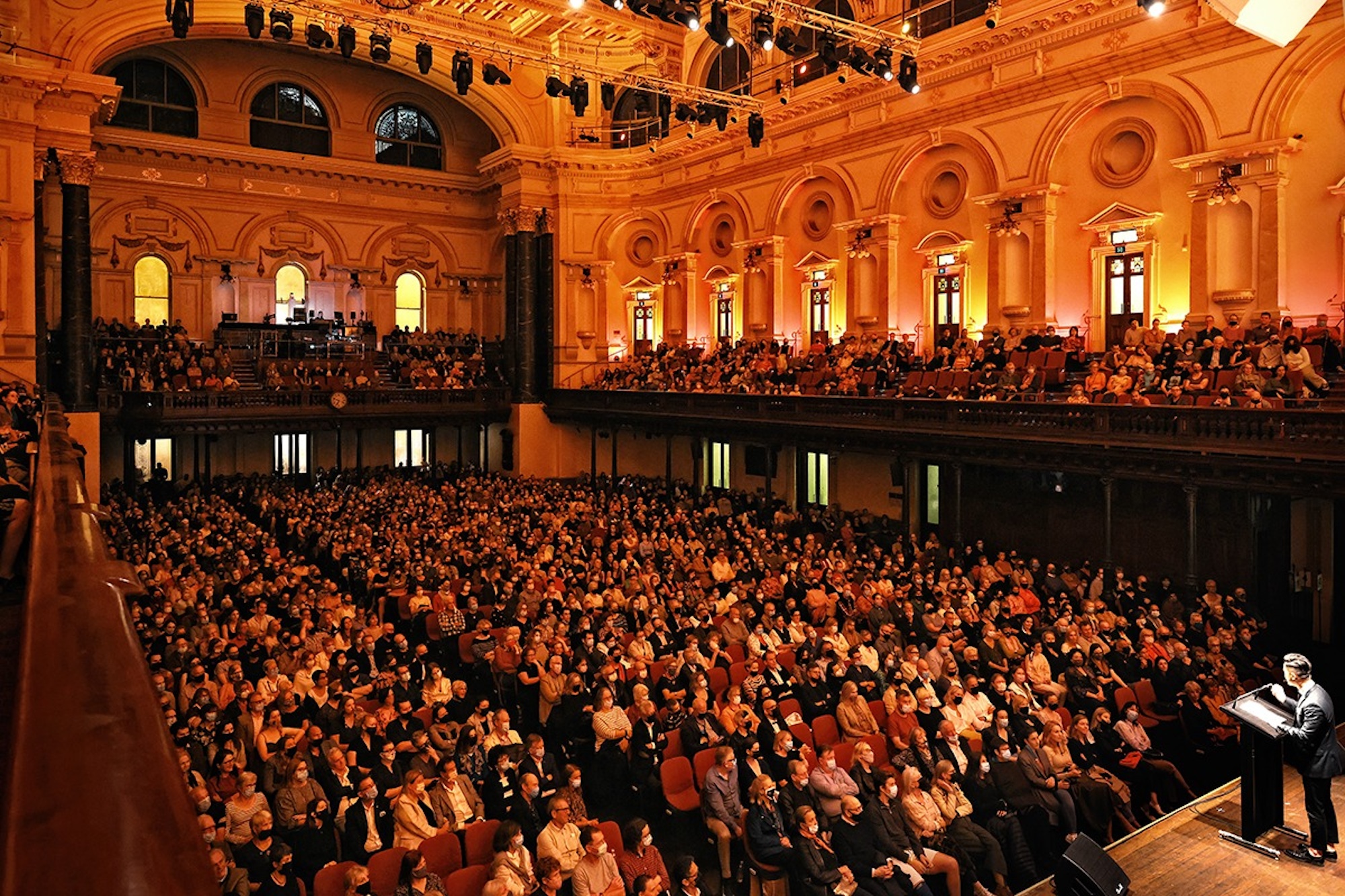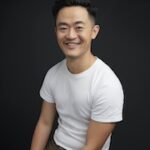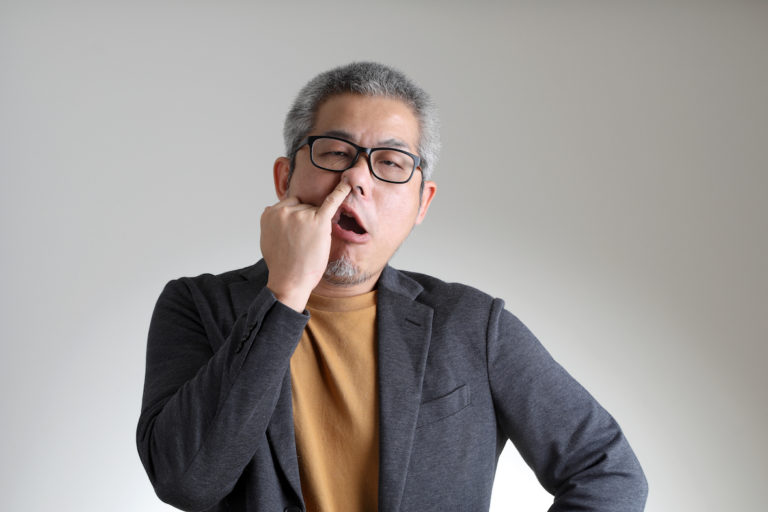It was more than a decade ago now, but I still have vivid memories of my first Sydney Writers’ Festival. I was in my twenties, and I’d arrived in Sydney as a wide-eyed debut author from the faraway exotic lands of…Queensland. And I was overwhelmed with gratitude, the kind of gratitude every first-time author feels at such an event: I was grateful to be published, grateful to be in the flashy capital of Sydney, and grateful to be programmed out of the hundreds of writers they could have picked instead.
That kind of gratitude is amplified when you’re in the minority. I understood that Sydney Writers’ Festival was for Important Authors, and if you’d asked me what an Important Author looked like at the time, I would’ve summoned a Franzen or a Eugenides, a Winton or a Flanagan – all iconic straight white men who I worshipped. But the festival organisers had picked me – some random Asian gay who grew up in the suburbs of the Sunshine Coast. Strolling in the sunshine by the wharves in a synthetic suit jacket, taking in the sun and salt air among all these relaxed white people who cared about books, it felt like I had made it.
As I walked to my first session, a cheery festival volunteer recognised and stopped me (me!).
‘Welcome!’ she said, beaming. ‘How are you enjoying the Sydney Writers’ Festival so far?’
‘It’s my first one!’ I said, no cool whatsoever. ‘I can’t believe I’m here. I’m so happy.’
She clapped her hands together, delighted. ‘Well, enjoy it while it lasts–’
‘I will!’
‘–because nothing ever does.’
I blinked, taken aback. In hindsight, I’m pretty sure she meant it as encouragement – a rousing call to arms to suck the marrow out of life while I was still young, et cetera – but at the time it felt like she was a prophet, possibly a witch, who had single-handedly cursed me to a future of professional doom.
I managed to croak out a thank you for her advice (‘Any time!’ she said) and slunk off to my first session with her words ringing in my ears. They continue to haunt me. Because, honestly, how much longer can this possibly last? When you’re an anomaly – an outlier, a caveat – in your chosen industry, you already feel in your bones that it’s only a matter of time before it’s all over. The volunteer just confirmed it. Enjoy it while it lasts.



 Benjamin Law is the author of The Family Law, Gaysia and the Quarterly Essay: Moral Panic 101, and editor of Growing Up Queer in Australia. He’s the co-executive producer, co-creator and co-writer of the Netflix comedy-drama Wellmania; creator and co-writer of three seasons of the award-winning TV series The Family Law; and author of the play Torch the Place. He hosted ABC Radio National’s weekly national pop-culture show Stop Everything for six years. Benjamin is an alumni of Griffith University.
Benjamin Law is the author of The Family Law, Gaysia and the Quarterly Essay: Moral Panic 101, and editor of Growing Up Queer in Australia. He’s the co-executive producer, co-creator and co-writer of the Netflix comedy-drama Wellmania; creator and co-writer of three seasons of the award-winning TV series The Family Law; and author of the play Torch the Place. He hosted ABC Radio National’s weekly national pop-culture show Stop Everything for six years. Benjamin is an alumni of Griffith University.
